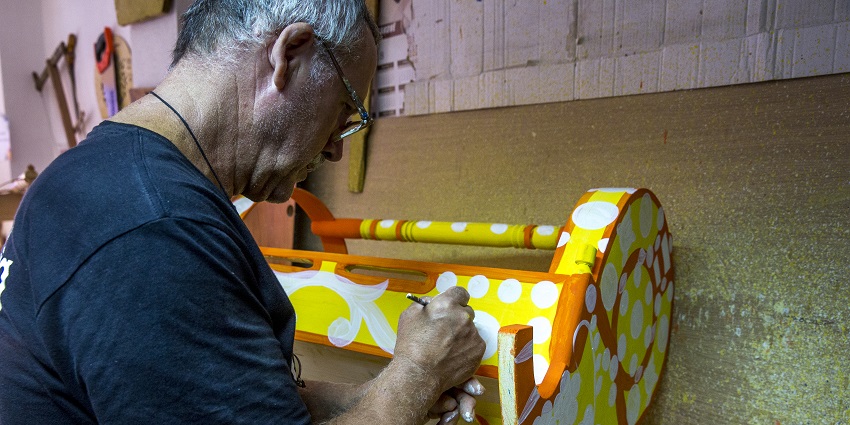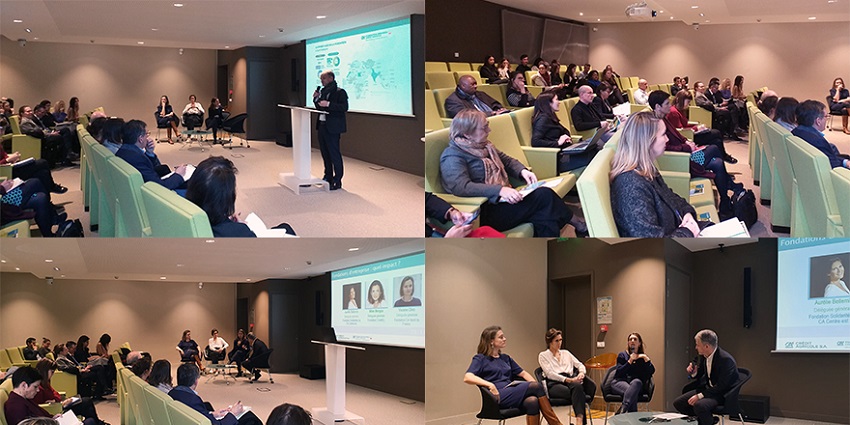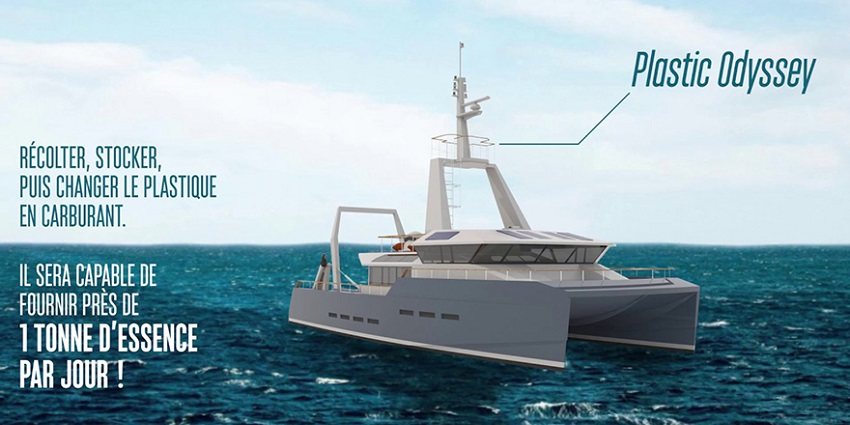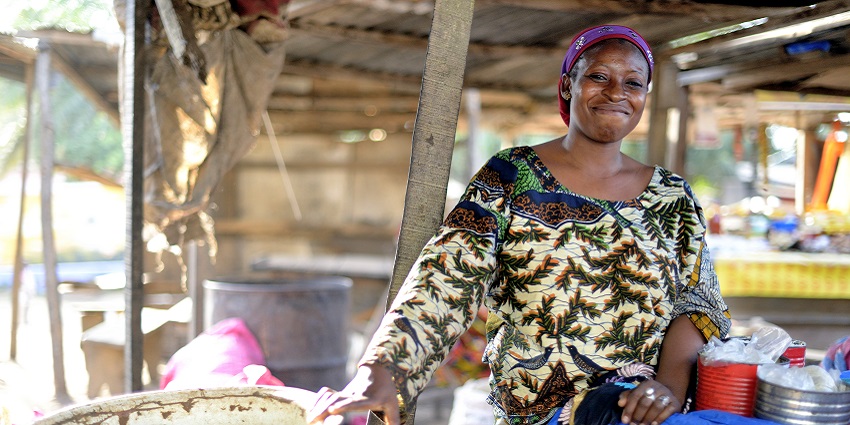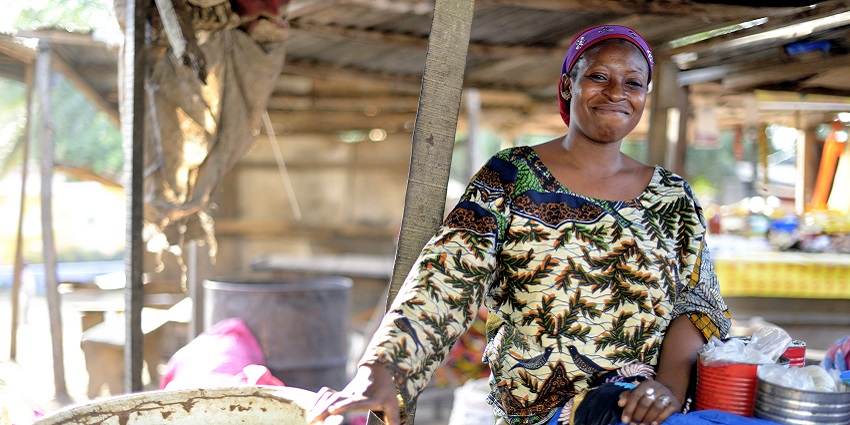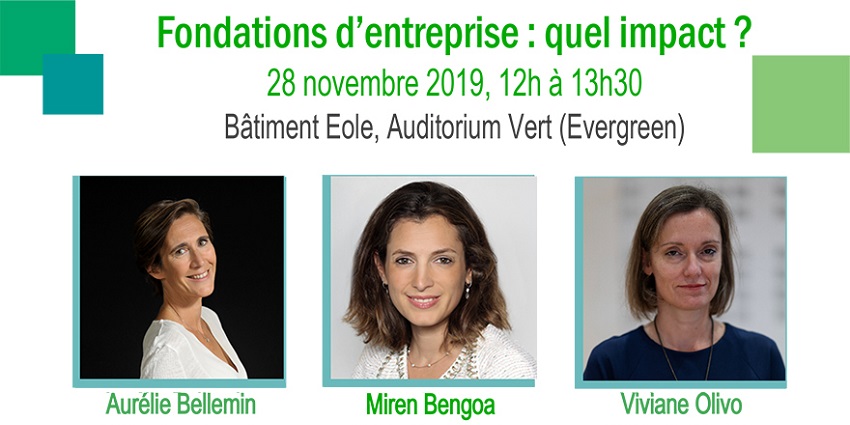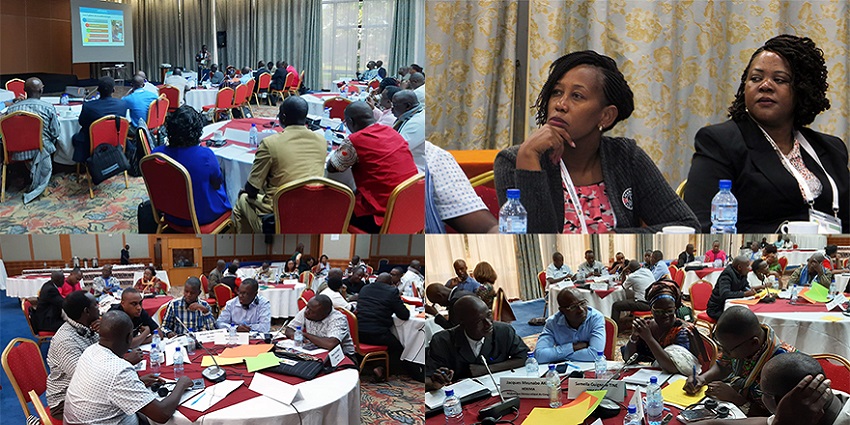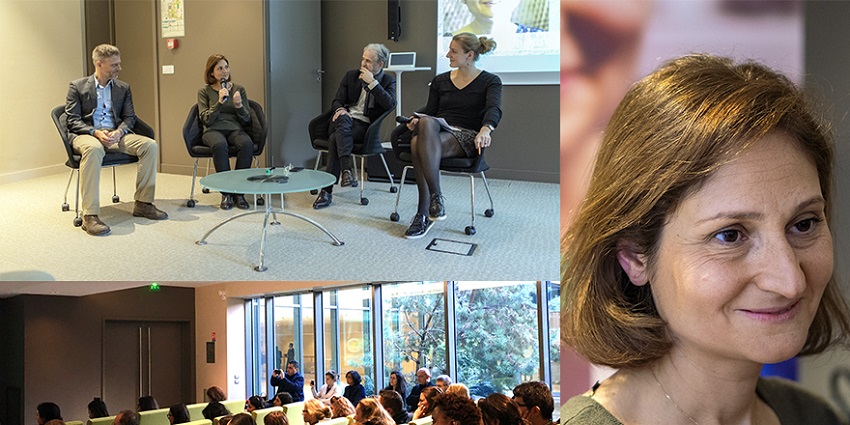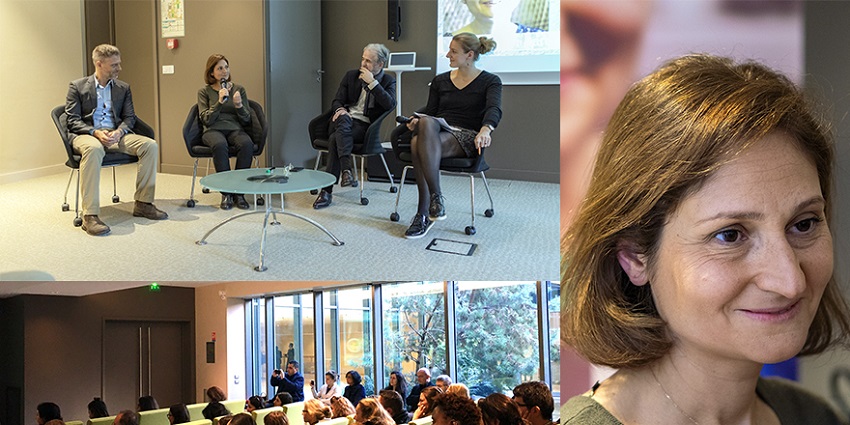The Foundation continues its investments in Europe and Central Asia
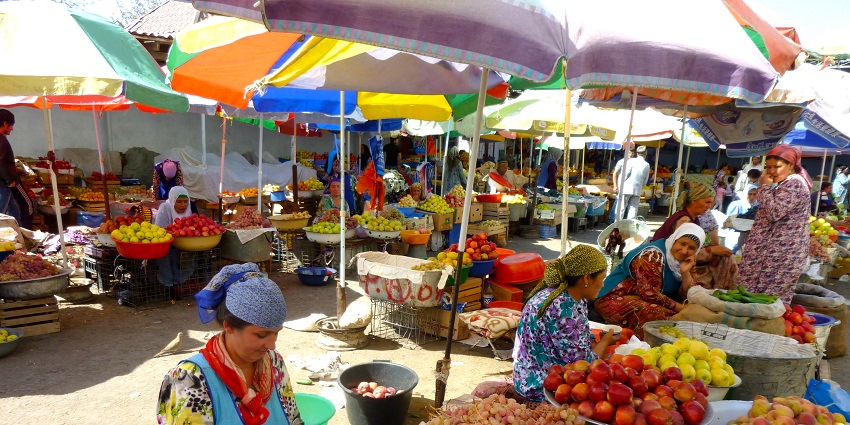
In recent months, the Grameen Crédit Agricole Foundation has continued to expand its portfolio with new investments in Eastern Europe and Central Asia.
It has thus granted a new loan to the microfinance institution Monte Credit in Montenegro, for an amount of 1 million euros over a period of 3 years. Monte Credit offers its clients mainly agricultural loans and loans for commercial activities, using the individual lending methodology. To date, the institution, which manages a portfolio of 7.4 million euros, has 4,600 clients, including 55% women. 56% of its clients are located in rural areas.
The Foundation also granted two new loans totaling €2.5 million to the Georgian microfinance institution Lazika, whose mission is to facilitate access to financial services tailored to entrepreneurs. With a portfolio of €14 million, the institution now has approximately 11,000 clients, including 471,000 women and 751,000 clients in rural areas.
Finally, the Foundation granted a new three-year loan to OXUS Tajikistan for €1.2 million. OXUS Tajikistan is a microfinance institution focused on operations in rural areas where more than 80,000 of its clients live and work. To date, the institution has 14,000 clients, including 39,000 women, and manages a portfolio worth €11.3 million.
With these new investments, the Foundation now has 16 partners spread across 7 countries in the region, representing a portfolio of outstanding loans of 16.6 million euros, or 19.81% of the total amount of outstanding loans monitored by the Foundation at the end of October.


